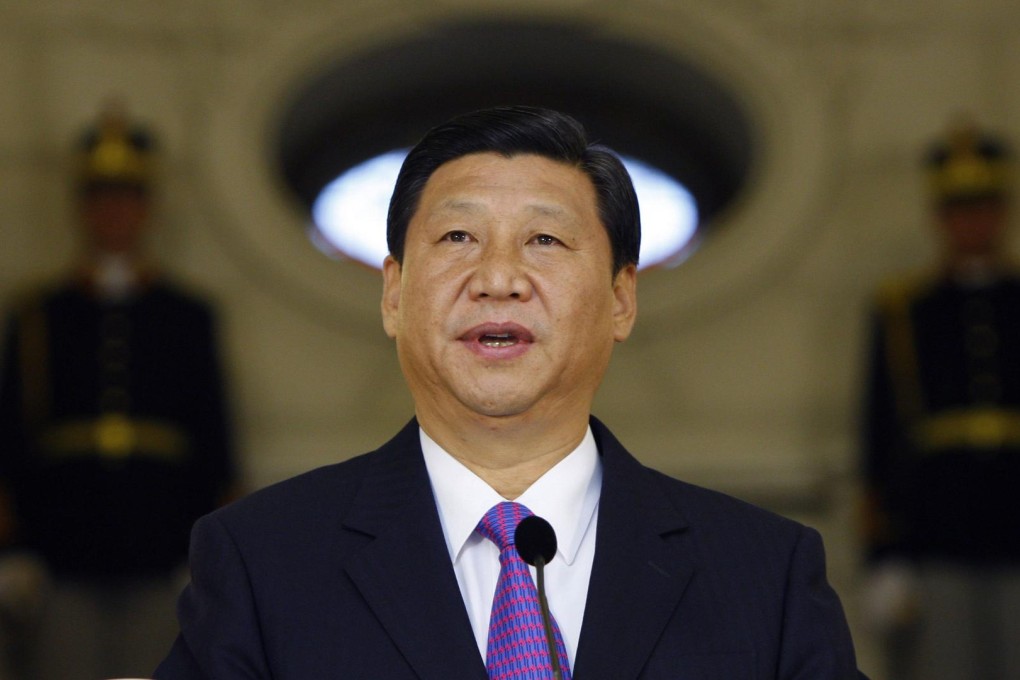Wayward drive: China's crackdown on party members playing golf fails to hit the mark
Dan Hough says corruption is best seen as a process, not an individual event, meaning China's new "disciplinary rules" for party members focus on the wrong thing

Last month, the Communist Party quietly updated its internal rulebook. Party members were informed that a variety of acts, such as the playing of golf, indulging in extramarital affairs and behaving in a gluttonous fashion, were now formally viewed as "corruption". They were frowned upon before, but this distaste has now been formalised.
For most corruption watchers, there is something fishy about all this. Corruption is the abuse of a public role for private gain. One can add in titbits around the edges - corruption is always deliberate and it is (nearly) always clandestine - but the core process involves someone abusing their position of power for private advantage.
The party understands corruption in a rather more curious fashion. For a start, it doesn't like to talk too much about "corruption" - it prefers a "violation of discipline". That China's anti-corruption agency is called the Central Commission for Discipline Inspection is no coincidence.
This curious phraseology need not necessarily mean too much if the notion of "disciplinary rules" is a cover for anti-corruption laws, rules and codes of practice. That is the way, after all, that corruption is codified in many other parts of the world. But the deeper one digs, the more curious things get.
Quite what the members of the Royal and Ancient at St Andrews in Scotland make of golf being understood in this way has yet to be recorded
The central commission, for example, even set up a hotline so that people could report officials who had been seen to commit one of nine golf-related corrupt acts - ranging from holding positions on golf club boards to playing the game with others who they have come across in their work environment.
